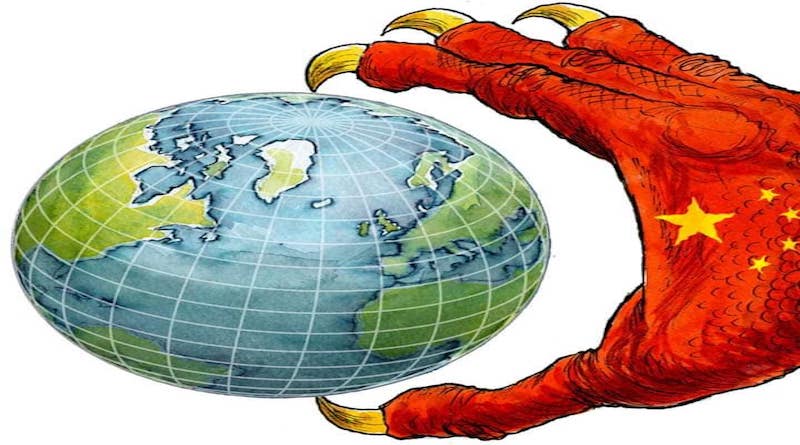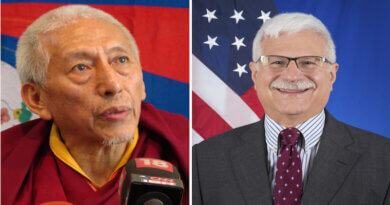Has the world forgotten about Tibet? A troubling look into recent trends…

By Karchen Lhatoo | 17 August 2020.
Richard Gere— renowned American actor and producer— turns his eyes away from the Academy Awards’ teleprompter; he is going to speak for himself. Instead of the planned commentary oriented around worshipping the Hollywood elite, he begins to talk about human rights, before asking that Deng Xiaoping “take his troops and take the Chinese away from Tibet and allow the people to live as free independent people again.” Even though Gere would be subsequently barred from the Oscars, it is a miraculous step forward for the recognition of the plights of Tibetans on the world stage. However, this is 1993. It is now 2020— almost 30 years later— and still, Tibetans are suffering.
So why is it that in an era of movement towards human rights, Tibet still finds itself ranking second-worst in the world for civil liberties violations under CCP control. For five years in a row since 2016, only Syria received a lower score(-3/40 for Political rights and 3/60 for civil liberties) then Tibet from the total of 195 nations and 15 territories surveyed by the Freedom House.
The answer seems to be deeply embedded in an international collective action problem. Most of the world’s leaders happily advocate for the rights of all, but few actively seek to promote such change beyond their national boundaries. The logic is quite apparent: why risk my nation’s resources for change, when another, more powerful nation can do it instead? And therein lies the predicament: what occurs when those colossally powerful nations choose to do nothing?
The answer is suffering. Rights violations. Genocide. Recent reports estimate almost a million people from ethnic minority groups are in concentration camps run by the CCP. This is the manifestation of blatant disregard for human rights. A nation where should you find yourself dissenting, it is very likely that you will be “disappeared.” Even age is no barrier to the ruthless pursuit of subordination by the CCP. Tibetans still wonder what happened to Gedhun Choekyi Nyima, the 11th Panchen Lama, kidnapped at six-years-old by Chinese authorities in 1995.
In the face of all these atrocities, it is no secret as to why the world’s powerful nations have become bystanders. Much of the world is dependent on Chinese goods, and many powers are reluctant to sever these relations. In an interview with The Atlantic, Harvard Business School professor Willy Shih, explains that “The world is dependent on China for manufacturing… and if you really want to go down that path, then you have to be prepared for consequences.” But as of yet, the world has shied away from these consequences.
Just look at the influence of China on American businesses. In 2019, the Houston Rockets general manager, Daryl Morey, tweeted his support of Hong Kong. Days later, Morey would retract his tweet and subsequently apologize. Houston Rockets players would affirm their love for China, and Lebron James, a frequent advocate for equality, would even deem Morey to be “uneducated” on the situation. But the bowing down does not end there: the past couple years have seen companies such as Gap and Marriot apologizing to China, despite both companies claiming to be advocates for human rights. At best, it is disingenuous. In reality, it is apparent here that profits are being put on a pedestal, far above that of human rights.
When all of this is considered, the main question left, is what happens next? What can we expect, in relation to the rest of the world and Tibet? And the honest answer is not a whole lot. Until the priorities of nations and businesses alike both undergo a Damascene conversion, the human rights scene does not look bright. For now, I would implore supporters of Tibet and other marginalized groups to speak with their wallets. Do not support those companies that permit themselves to be subservient to the needs of Chinese authority. Put those companies in a double-bind, where they must choose between honouring the human rights that they supposedly promote, or to continue being at China’s beck and call.

Karchen Lhatoo is an advocate for human rights, as well as a student of law. He started one of just two Tibetan student associations in Ohio, USA.
The views expressed in this article are that of the author’s and should not be attributed to Tibet Express.




